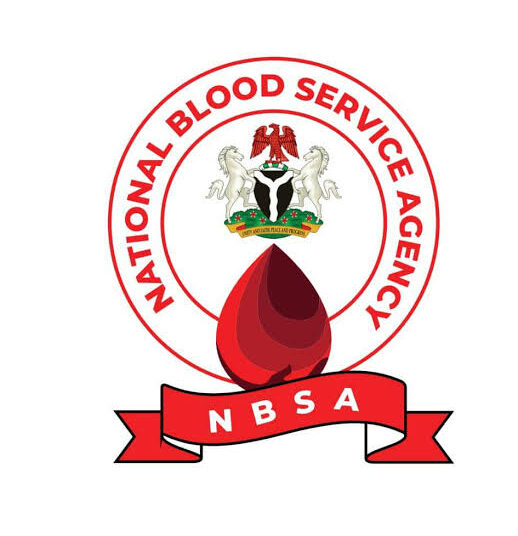The federal government has described the National Blood Service as a critical and indispensable pillar of Nigeria’s healthcare delivery architecture while calling for scalable interventions from the National Blood Service Agency (NBSA).
This came alongside a renewed call for enhanced collaboration, private sector investment, and finance-driven proposals that will reposition blood services for maximum national impact.
Speaking during a working visit to the NBSA office in Abuja, the National Coordinator of the Presidential Initiative for Unlocking the Health Value Chain, Dr. Abdu Mukhtar, emphasised the importance of an efficient, safe, and accessible blood system in actualising the broader objectives of the health sector under President Bola Ahmed Tinubu’s Renewed Hope Agenda.
According to Dr. Mukhtar, “There is no functioning health system without a dependable blood service.
From maternal care to surgery, oncology to emergency response, the availability and quality of blood products play a life-saving role. The Federal Government is committed to strengthening this vital sector through policy support and public-private collaboration.”
He underscored the administration’s resolve to create an enabling environment that encourages investment, local innovation, and expansion of blood service infrastructure.
To that end, NBSA has been tasked with developing and submitting finance-driven proposals and scalable interventions that can attract sustainable funding and deliver measurable value to Nigeria’s health ecosystem.
“The NBSA is encouraged to bring forward transformative initiatives that are not only financially viable but capable of catalyzing long-term impact—especially those that promote efficiency, sustainability, and technology-driven service delivery,” Dr. Mukhtar added.
In response, the Director-General of the NBSA, Professor Saleh Yuguda, welcomed the government’s recognition and pledged the agency’s full commitment to overhauling the nation’s blood service landscape.
He reiterated the agency’s vision of a modernised, self-sustaining system anchored on innovation, accessibility, and quality assurance.
“We are working to expand plasma production capabilities, improve nationwide access to safe blood, and deepen public-private partnerships that will enable local production of vital consumables, moving Nigeria away from costly import dependency,” Yuguda said.
He further appealed to the federal government and the National Assembly to strengthen the NBSA’s regulatory framework by providing legislative backing that empowers the agency to enforce standards and ensure compliance across the blood value chain. “We cannot achieve national blood safety and efficiency without the full force of legal authority. Strengthening our regulatory mandate is essential for oversight, quality control, and the ethical administration of blood services nationwide.”
Prof. Yuguda also highlighted the agency’s record of humanitarian leadership, noting NBSA’s continued engagement in life-saving crowd-funded interventions and public awareness campaigns that promote voluntary blood donation and health equity.
As the agency prepares to roll out new initiatives, stakeholders expressed confidence that with sustained government backing, clear legal frameworks, and dynamic leadership, Nigeria’s blood service sector is poised for transformation.
The call for finance-driven interventions signals a shift toward sustainability and innovation, ushering in a new era for blood safety and public health in Nigeria.











